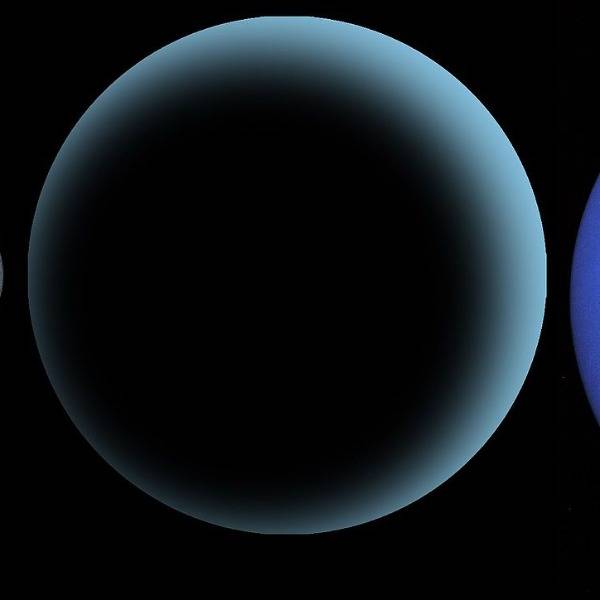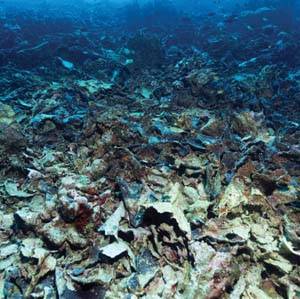This article appears in the Witness section of the Autumn 2019 issue of the New Humanist. Subscribe today.
For years now, there has been almost complete consensus among climate scientists that the Earth has warmed significantly since the 1800s and that human behaviour is a key factor. One study, published in 2013, found that 97 per cent of climate scientists agreed with the link between humans and climate change. Yet there continues to be a debate, with some political actors denying climate change altogether. A minority of scientists argue that past weather events – the “Roman Warm Age” (AD 250 to AD 400), which saw unusually warm weather across Europe, and the “Little Ice Age”, which saw temperatures drop from AD 1300 – demonstrate that the world has warmed and cooled many times over the centuries, and that current global warming should be seen in this context.
However, three new research papers, published in Nature and Nature Geoscience, undermine this argument, showing that the speed and extent of current global warming exceed any similar event in the past 2,000 years. The papers examined 700 proxy records of temperature changes over this time period, including tree rings, corals and lake sediments. They determined that none of these prior climate events occurred on a global scale. The researchers did not set out to test whether humans were the chief influence on the current climate, but their findings indicate clearly that this is the case. The new research seems likely to even further strengthen scientific consensus on the connection between human behaviour and climate change.
But even as evidence mounts, scepticism about climate change continues to dominate in places as influential as the US administration. (In November 2018, Trump responded to a report on the potentially devastating effect of climate change on the US economy by saying: “I don’t believe it.”) The continuation of this debate in the face of overwhelming evidence says something about the way we relate to facts and to science. In our Spring 2018 issue,
Peter Salmon explored the legacy of the cultural theorist Bruno Latour, who sought to explore the way that scientific “truths” were established in terms of their social, political and cultural foundation. Salmon writes that, shocked by the scale of climate denial, Latour wondered if he had gone too far: “Citing an op-ed in the New York Times, in which a Republican senator argued that the way to gain public support for climate change denial is to artificially maintain a controversy by continuing to ‘make the lack of scientific certainty a primary issue’, Latour notes, ‘I myself have spent some time in the past trying to show “the lack of scientific certainty” inherent in the construction of facts.’”
Of course, Latour and his fellow postmodernists cannot be held accountable for climate change denial – indeed, thinking sceptically and questioning the way knowledge are accumulated is essential. But the question of scientific certainty and what it means does seem particularly urgent at this moment. One of the authors of the 2013 study on consensus has suggested that consensus might now be closer to 99 per cent. We must wonder what more it will take for the denial to end.

